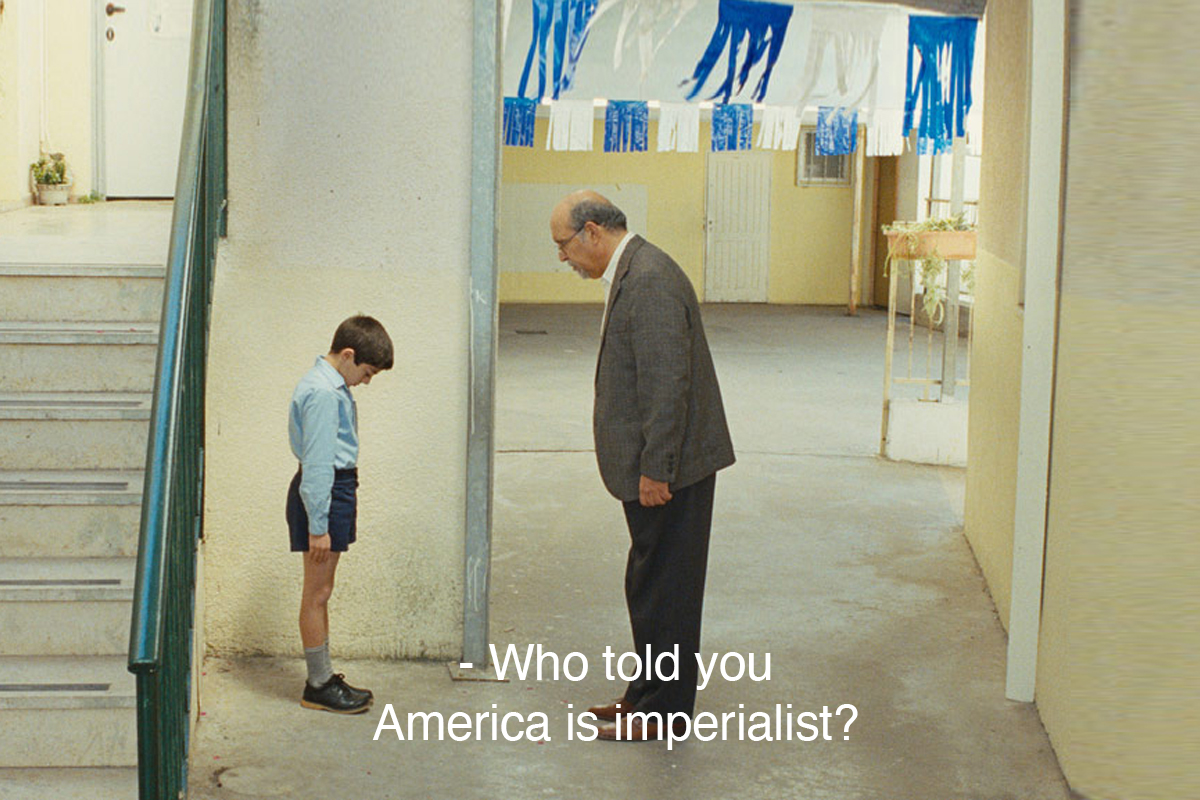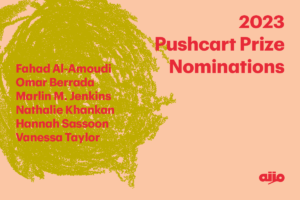
Media Tips for Palestine
by Meg Amad
After receiving messages from members of her community expressing frustration at how they have been represented while giving interviews on Palestine, Meg Amad put together a guideline to consider before speaking with the press.
1. Ask to speak OFF THE RECORD first so that you can ask questions and get a better sense of what kind of reporting or story they want to do. Keep in mind, that once you give an interview, how they cut and edit it is completely out of your control. This means EVERY sentence matters. You need to prepare ahead of time and know very clearly what your message is and make sure every sentence you utter comes back to your message.
2. Ask what they are looking for—what is their agenda? Every journalist has an angle—you need to figure out what story it is they are looking to craft—does it align with your goals, your message? They’ve crafted a storyline before even speaking with you. Your job is to figure out what that storyline is and if you want to be a part of it.
3. What is the context of the story? Who else have they connected with? If they give you names—do your research—this applies for the journalist too. Is this a “both-sides” piece? Or are they only looking for the Palestinian perspective. Personally, I refuse to do a “both-sides” interview because I find that they put us against each other and it dehumanizes Palestinians more often than not.
4. Do they want your personal story? Or do they want you to talk about the current situation? History? Politics? I, for example, don’t feel like a history expert—I can’t remember dates, places, numbers, etc—so I’m not going to talk about history. I’m a great storyteller—I will only speak to my experience and tell my father’s story.
5. What kinds of questions do you plan on asking? They may not give you a list, but you can get a better sense of the angle if you can get a few of these questions ahead of time. Listen carefully for any questions which may further dehumanize Palestinian people such as “How do you justify…?” fill in the blank. This is a cue that they are looking for a soundbite.
If you decide to do the interview, your job is to A) know your message and B) stay on message. You can repeat yourself. You don’t have to answer any particular question if you feel it will drag you off point. You can find a way to turn the question around and come back to your point. And you can repeat yourself. Did I say, you can repeat yourself? Also, you can pause and think. You don’t need to fill the quiet—they will not show this anyway! DON’T fill the silence. Take your time and find what it is that you want to say. Make every sentence count. These interviews are long, but they will find one moment, one soundbite, one sentence they like and include that one thing.
Meg Amad is a writer, educator, and activist based in Minnesota.

Toward a Free Palestine: Resources to Learn About and Act for Palestine
We are proud to present this text as part of a list of resources to take action for and learn about Palestine, as well as works by Palestinian artists, writers, activists, and cultural workers.










